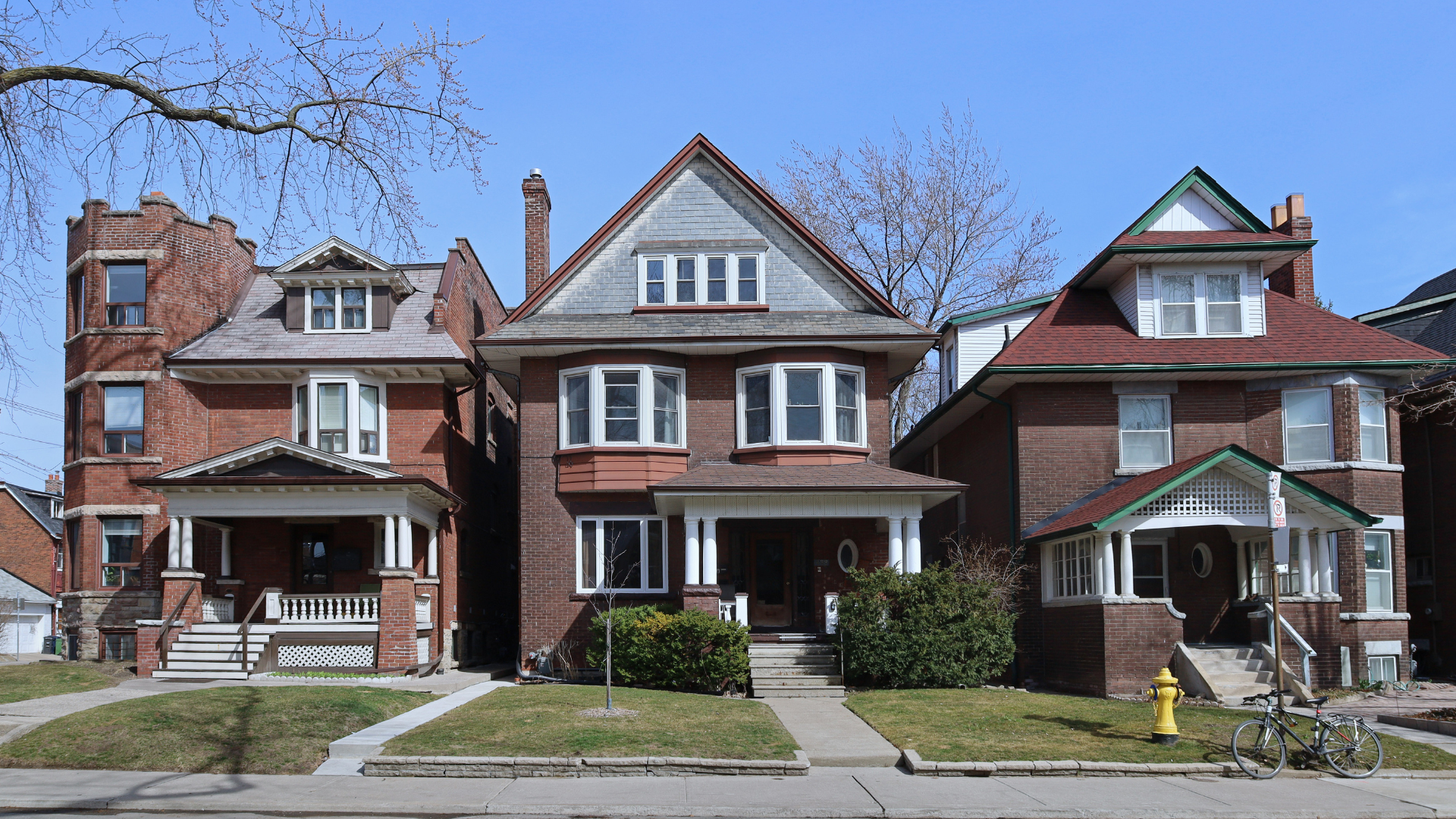The Economic Growth, Regulatory Relief, and Consumer Protection Act, signed into law last month, is a historic win for advocates for alternative credit.
Under the new law, mortgage lenders are now able to take new factors into account, such as whether borrowers paid their bills on time.
For the first time, criteria such as rental payments, payments on utilities, cell phones, and internet, and other common-sense items will positively affect a person’s credit history and score. These new models of alternative credit have proven to be accurate and reliable predictors of a person’s ability to repay a loan.
This is not a weakening or loosening of credit scoring standards. Nor is this a callback to the subprime lending that in part led to the housing crash of 2008.
In a letter to Congress supporting the bill last month,
NAR said the new credit scoring models would open homeownership opportunities for many minority and underserved borrowers who lack access to traditional forms of credit.
The Asian Real Estate Association of America (AREAA) has advocated for the use of alternative credit for more than a decade.
For Asian American and Pacific Islanders (AAPI), the passage of this bill will mean hundreds of thousands of AAPI who may come from backgrounds that do not value taking on debt, and thus have thin-to-no credit history, now have other means of proving their ability to repay.
“This bill brings credit scoring into the 21st century to more accurately reflect the diversity of cultural and financial backgrounds today’s potential borrowers may have. AREAA has been a leading voice for credit score reform, and in that regard, we see this bill as a resounding victory,” Randy Char, AREAA National President, said.
Learn more about AREAA
and our other industry partners here.







